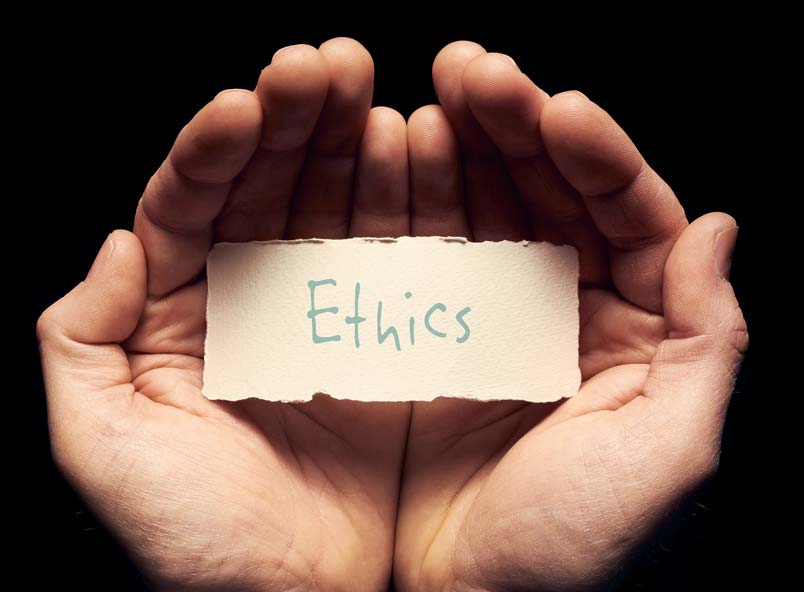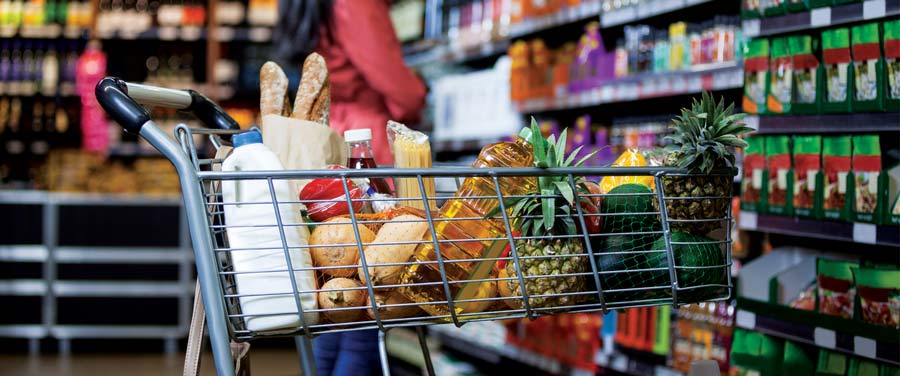



In selecting Malaysian palm oil
January, 2018 in Issue 4 - 2017, Markets
Weak arguments
However, education on its own may not suffice. The anti-palm oil label seen in Malaysian supermarkets or online is an unacceptable put-down of one of our most important industries. We must look closely at what proactive steps can be taken, whether in the form of consumer actions to send a message to the companies involved; or government action to address the root of the issue.
The Danish dairy goods brand Lurpak provides a prominent example. Its product label features the presence of olive oil – but when an additional sticker is peeled back, a ‘No Palm Oil’ symbol is displayed.
Lurpak’s parent company, Arla Foods, is a member of the Roundtable on Sustainable Palm Oil (RSPO), whose rules include a commitment by members not to besmirch or undermine sustainable palm oil production. Lurpak’s packaging is a clear move against palm oil and openly promotes an alternative oil.
This is not the first time that a RSPO member-company has taken such action. The French supermarket chain Casino has been using the ‘No Palm Oil’ label for years. The RSPO’s responses have been inadequate and ineffective in preventing the blatant breach of its rule.

The companies may argue that use of the ‘No Palm Oil’ label is not an illegal activity; that their product formulations are a matter for them alone; that they are technically not in breach of the RSPO rule. Such a technical argumentation does not exonerate their actions, and neither does it excuse the RSPO’s feeble responses to date.
The companies are hiding behind the RSPO to continue their campaign against palm oil. If the RSPO is serious about defending palm oil, then this shield must be taken away. The time for words is over; the time for action is here.
My Ministry looks beyond simply the technical question of the labels. Companies such as those making Lurpak products have exercised a free choice in entering the Malaysian market. In seeking the trust and custom of hard-working Malaysians, they have a responsibility to ensure that their actions are within the right spirit – and not merely the technical letter – of the law.
There is an ethical responsibility alongside the legal one. When over one million Malaysians – including 650,000 small famers – rely on palm oil for their livelihood, is it ethically defensible for a company operating in Malaysia to denigrate palm oil? My answer is ‘No’.
Of course, the majority of these companies are welcome, as they provide products and services that Malaysians want and need. Most corporations are law-abiding and respectful. We must be clear, though. Just as we welcome and praise the majority who act correctly, we will denounce those who undermine Malaysian interests.
The government has made it clear that we will defend the rights of oil palm small farmers against discrimination from abroad. The Prime Minister has stated that we will initiate retaliatory measures against countries that discriminate against palm oil and palm oil-based products.
We must be as watchful at home as we are abroad. Unfair or illegal discrimination by foreign companies operating within our borders cannot be condoned. To the companies that have chosen to denigrate palm oil, my advice is simple: stop doing so and work with us in addressing your concerns in a sincere manner.
Datuk Seri Mah Siew Keong
Plantation Industries and Commodities Minister
Malaysia
This is a slightly edited version of a commentary published in the Malaysian media.